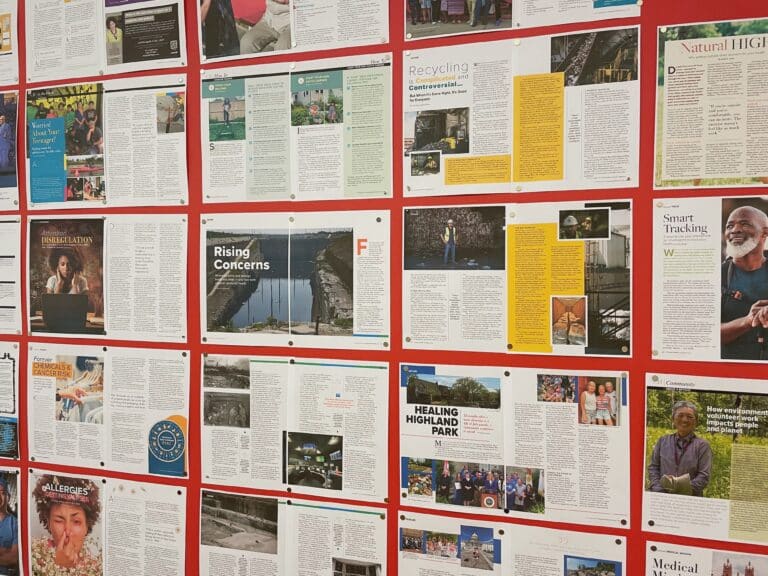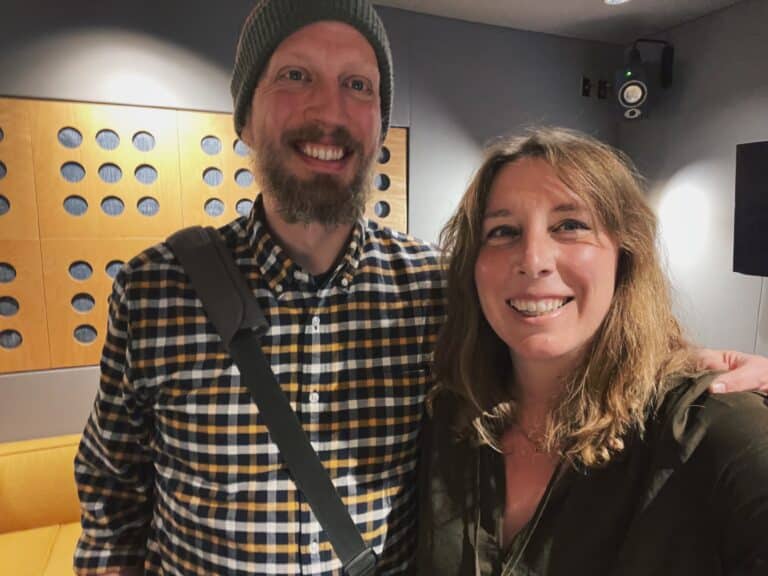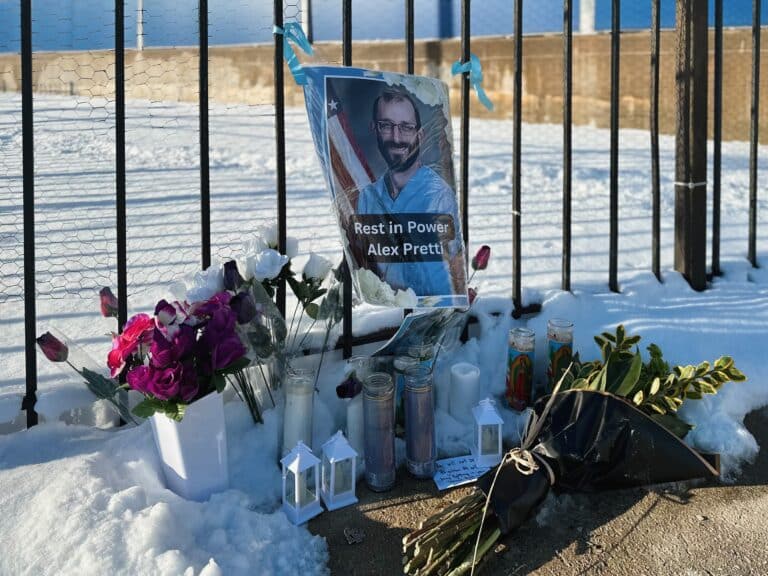Reduce your risk with these healthy eating practices
What we eat, as well as how often we exercise, can affect our risk of cancer. Healthy lifestyle factors — such as a nourishing diet, regular physical activity, and a normal body weight — prevent 30% to 40% of cancers, according to a study in the journal Advances in Radiation Oncology.
On the flip side, there is mounting evidence correlating poor diet, obesity, and metabolic syndrome (conditions like high blood glucose, high insulin resistance, and high blood cholesterol) with cancer risk.
“What we eat can affect cancer risk,” says Sandie Hunter, RD, clinical nutrition manager at Northwestern Medicine Cancer Center in Warrenville. “Plant foods are thought to act as inhibitors that may help to repair damaged cells that promote cancer. They contain nutrients such as antioxidants, fiber, and phytochemicals that act as inhibitors to cancer growth.”
The standard American diet is high in saturated fat, processed red meat, and salty and sweet snacks. It lacks fiber, calcium, iron, potassium, and vitamin D.
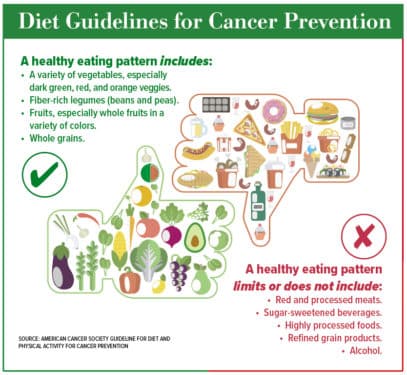
A diet high in processed red meat and sugar-sweetened beverages and low in fruits, veggies, whole grains, and dairy products is associated with a higher risk of colorectal, mouth, uterine, and postmenopausal breast cancer, the study says.
Limit your consumption of red meat and processed meat, says Jocelyn Lutkus, RD, a registered dietitian in the supportive oncology program of the Robert H. Lurie Comprehensive Cancer Center of Northwestern University. “Aim to eat less than 12 to 18 ounces of red meat per week, and avoid processed meats, such as deli meats, hot dogs, bacon, sausage, and ham, as much as possible,” she advises.
Body weight
“What we eat can help manage weight,” Hunter says. Scientists have linked being overweight or obese with 13 types of cancers, according to a study published in the New England Journal of Medicine.
Replacing high-calorie foods with nutrient-dense foods can help keep your weight in check and decrease cancer risk. That’s important, because obesity can lead to changes in your body that put you at a greater risk for cancer.
“Increased fat tissue or adiposity can create inflammation in the body, which can lead to cancer cell growth. In addition, extra fat can cause overproduction of hormones, such as estrogen, which can trigger growth of breast or endometrial cancers,” Lutkus says.
To decrease both your waistline and your cancer risk, Hunter says, eat less fried, starchy, and sweetened foods.
Alcohol
Cancer risk doesn’t end with what you eat. What you drink matters, too. The more you drink alcohol, the greater your risk of cancer. So if you drink alcohol at all, the key is moderation — that means no more than one drink a day for women and two drinks a day for men.
“Alcohol has been shown to increase risk of cancers,” Lutkus says. Certain types of cancer appear to be more susceptible to alcohol use. Drinking alcohol raises your risk for six types of cancer: mouth and throat, voice box (larynx), esophagus, colon and rectum, liver, and breast cancer, according to the Centers for Disease Control and Prevention (CDC).
Any kind of alcohol — wine, beer, cocktails, and liquor — can increase cancer risk, according to the CDC. Why? Alcohol breaks down into a chemical called acetaldehyde, which may damage DNA, causing cells to grow into cancerous tumors.
There’s another downside of alcoholic drinks: weight gain. “Beverages, such as alcohol and sugar-sweetened beverages, can contribute calories without creating feelings of fullness. This can lead to weight gain over time,” Lutkus says.
Fiber-filled foods
The Mediterranean diet is the optimal diet and lifestyle for cancer prevention. It’s chock-full of fiber, antioxidants, and anti-inflammatory nutrients.
This approach relies on colorful fruits and vegetables — especially cruciferous vegetables such as cabbage, broccoli, Brussels sprouts, and cauliflower — plus fiber-filled whole grains, beans, nuts, and seeds, along with herbs and spices like garlic, ginger, and turmeric. These foods contain fiber, nutrients like B12 and vitamin D, as well as antioxidants like carotenoids and lycopene. The diet also includes moderate consumption of seafood and dairy products.
The Mediterranean diet can help reduce inflammatory processes in cells and lead to less DNA damage and spreading of cancerous tumors, according to an article in Nutrients.
It’s important to note that the Mediterranean way of eating is not just a diet, but a variety of cultural practices cultivated over generations, in which people also celebrate the sight, aroma, and social nature of food.
Food prep methods
Cooking methods play a role in reducing your cancer risk, too. Baking, braising, roasting, or poaching red meat, poultry, and fish is a better bet than grilling and frying.
“Cooking animal proteins at very high temperatures, such as grilling, can cause the formation of cancer-causing compounds called heterocyclic amines,” Lutkus says.
Smart grilling practices can reduce the production of carcinogens. Use low heat, marinate meat, trim fat prior to grilling, and cut meat into smaller pieces so it cooks more quickly.
Or turn to veggies. “Consider grilling vegetables, which provides the great flavor of the grill without the cancer-causing compounds,” Lutkus says.
In the long run, diet can play a big role in cancer prevention. To reduce your risk, try eating more plant foods, maintaining a healthy body weight, moderating alcohol intake, and cooking your food in a safe manner. Your overall health will benefit, too.
Originally published in the Spring/Summer 2021 print issue.
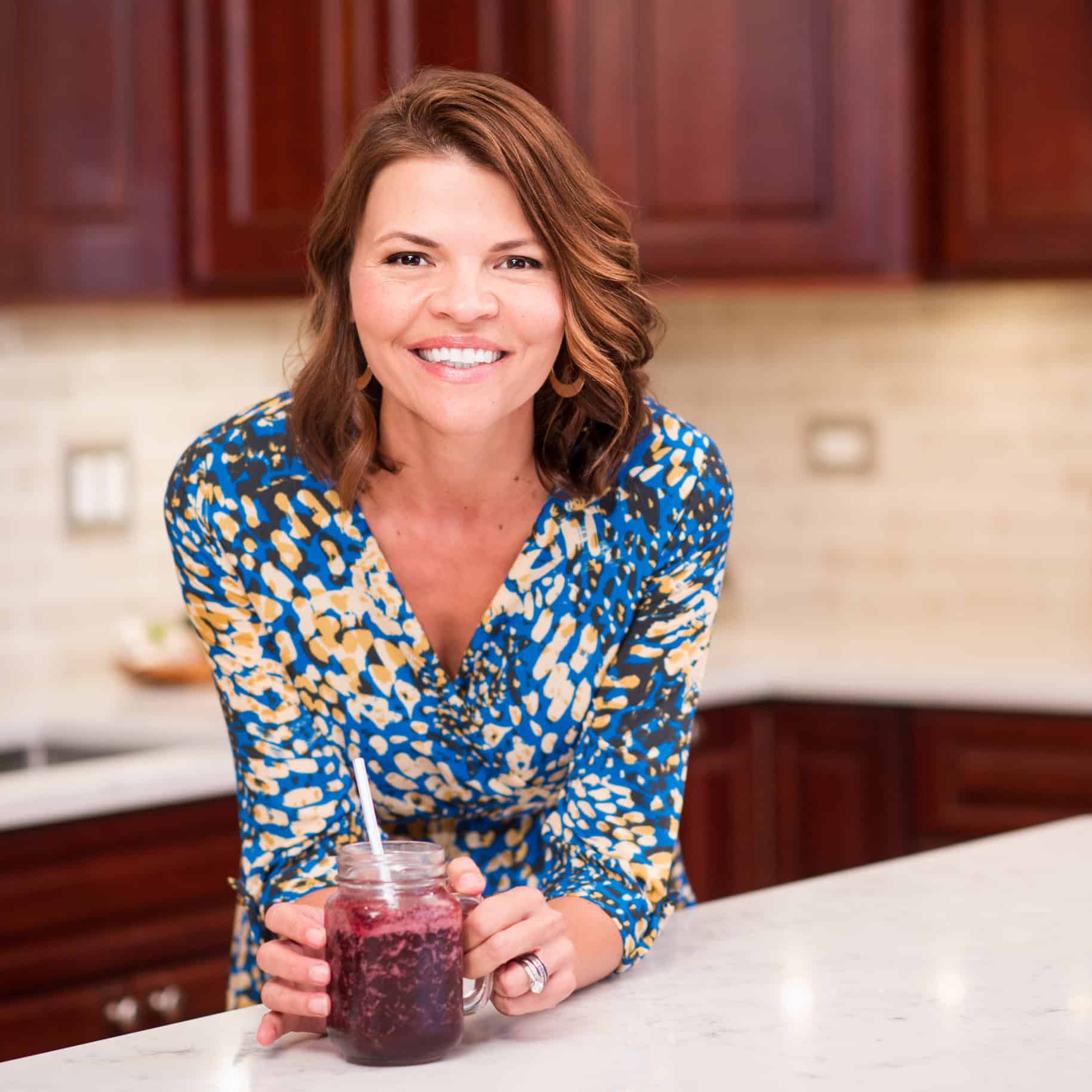
Vicki is a registered dietitian nutritionist, lifestyle nutrition expert, writer, culinary and media consultant and author of two books.

